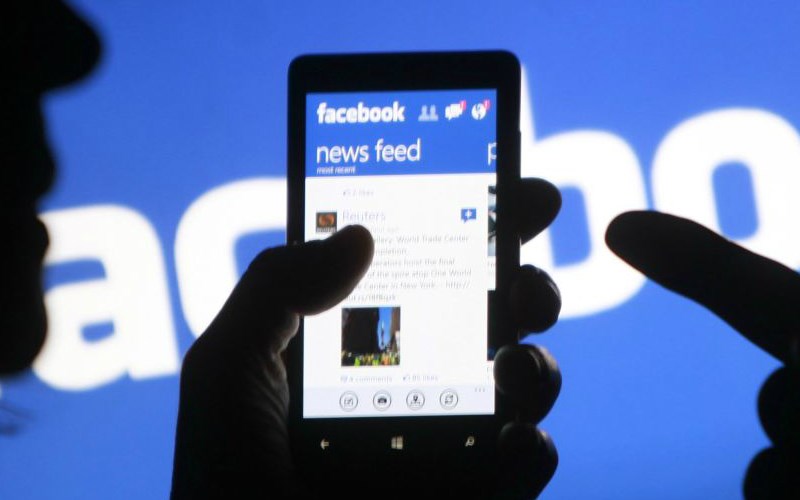Attorney Dan Schneider of MRC Free Speech America describes the NetChoice cases as an attempt by Big Tech for unlimited censorship powers. He says cases "were actually far more important than this presidential immunity case."
"Big Tech brought these suits against the states of Florida and Texas to try to win the day, claiming that they can censor anybody or discriminate against anybody or anything at any time for any reason," Schneider summarizes.
It was really about who owns the content published on a social media platform: Facebook or its users.

"They can't have it both ways," the media watchdog asserts. "They can't on one hand claim that when users post content, that it's not Google's content, yet then at the other side claim that they've got a First Amendment right to all content."
Florida and Texas' attorneys general, he says, wanted to protect residents' free speech rights.
Though it is up to the lower courts to hash out more details, justices did seem to side with First Amendment, explicitly extending protections to how social media platforms organize, curate, and moderate their feeds, drawing a comparison between internet content moderation and "traditional publishers and editors."
"The Supreme Court came out with a very muddled opinion that has me scratching my head," Schneider admits.
"When the platforms use their Standards and Guidelines to decide which third-party content those feeds will display, or how the display will be ordered and organized, they are making expressive choices," Justice Elena Kagan wrote in the majority opinion. "And because that is true, they receive First Amendment protection."
In short, the Supreme Court ruled that content moderation is generally protected by the First Amendment.







